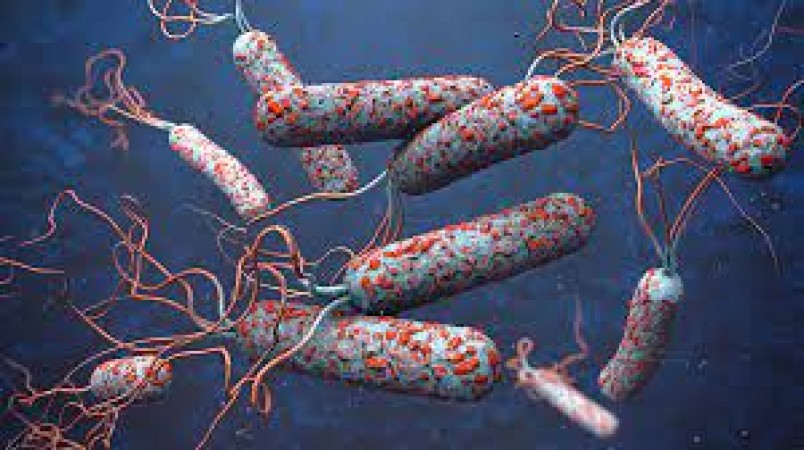
Cholera is an acute diarrheal disease caused by the bacterium Vibrio cholerae. It is primarily transmitted through contaminated food and water, and it can lead to severe dehydration and even death if left untreated. Cholera has been a persistent global health concern, particularly in regions with poor sanitation and limited access to clean water. This article provides a comprehensive overview of cholera, including its causes, symptoms, treatment, and prevention measures.
I. Causes of Cholera:
Cholera is caused by the ingestion of food or water contaminated with Vibrio cholerae bacteria. The primary source of contamination is usually human feces, which contain the bacterium in high concentrations. The bacterium can survive in aquatic environments, such as rivers and coastal areas, and thrive under favorable conditions. Cholera outbreaks are often associated with inadequate sanitation, overcrowding, and poor hygiene practices.
II. Symptoms of Cholera:
Cholera symptoms can range from mild to severe. The incubation period is usually short, lasting between a few hours and five days. The most common symptom is profuse, watery diarrhea, often described as "rice water" due to its appearance. This diarrhea can lead to rapid dehydration, electrolyte imbalance, and shock. Other symptoms may include vomiting, abdominal cramps, and muscle cramps.
III. Treatment of Cholera:
Prompt and appropriate treatment is crucial to preventing complications and reducing mortality rates associated with cholera. The main focus of treatment is fluid and electrolyte replacement to counteract the severe dehydration caused by diarrhea. Oral rehydration solution (ORS) is the preferred method for rehydration in mild to moderate cases. In severe cases, intravenous fluids may be necessary. Antibiotics are also used to reduce the duration and severity of diarrhea, and they can help prevent the spread of the disease.
IV. Prevention of Cholera:
Preventing cholera requires a comprehensive approach that addresses both individual and community-level factors. Some key prevention measures include:
Access to clean water: Ensuring a safe water supply is essential to preventing cholera transmission. This can be achieved through improved water treatment, proper sewage disposal, and the promotion of hand hygiene.
Sanitation: Adequate sanitation facilities, such as toilets and latrines, help prevent contamination of water sources and reduce the spread of cholera. Proper waste management and regular cleaning of public areas are also crucial.
Hygiene practices: Promoting handwashing with soap and clean water, especially before eating and after using the toilet, can significantly reduce the risk of cholera transmission. Health education programs should emphasize the importance of good hygiene practices.
Vaccination: Oral cholera vaccines are available and can provide protection against cholera for a limited period of time. These vaccines are recommended in endemic areas and during outbreaks to help control the spread of the disease.
Surveillance and response: Early detection and reporting of cholera cases, along with prompt response and treatment, are essential for preventing the spread of the disease. Effective surveillance systems can help identify outbreaks and guide public health interventions.
Conclusion: Cholera remains a significant global health challenge, particularly in areas with poor sanitation and limited access to clean water. However, with the implementation of comprehensive prevention strategies, including improved water and sanitation infrastructure, hygiene promotion, vaccination, and effective surveillance systems, the burden of cholera can be significantly reduced. It is crucial for governments, healthcare organizations, and communities to work together to prevent and control cholera outbreaks and improve overall public health. By prioritizing these measures, we can strive towards a future where cholera is no longer a threat to human health.
Gucci to get Felicitated for Gender Equality this Year
H&M to Start its Global Supply Chain through a Pop Singer
Vaishali Gupta out with some marketing tips about her Brand Mcaffeine